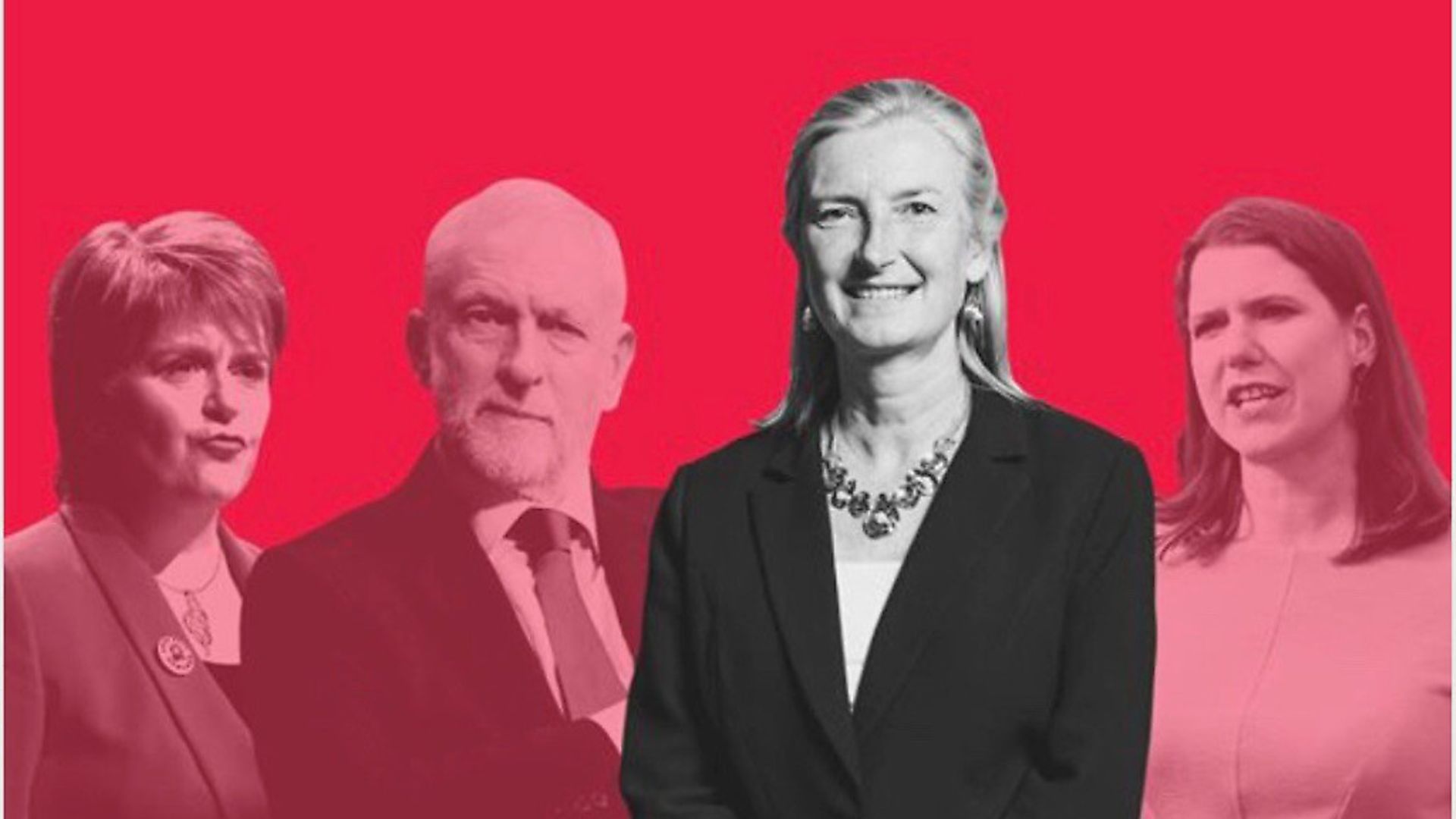
JAMES BALL on the Conservatives’ latest Facebook campaign targetting Remain MPs.
If you’d believe some of the more excitable corners of the internet, if you want to see who will win the next election, you need look no further than who’s winning the battle of online advertising on Facebook.
And with the government confirming suspicions it would prorogue Parliament to limit efforts to prevent Brexit by any means other than a no-confidence votes, there are good reasons to believe an election is coming.
It would be an exaggeration to believe Facebook will decide its winner – however worried (rightly) we might be about online advertising, it’s still just one tactic among many – but taking a close look at the activities of the UK’s big two political parties on social media right now is certainly revealing.
That’s not so much about the advertising and messaging that the parties are pushing at the moment as the reasons they’re doing so: parties are not especially interested in promoting big advertising campaigns outside of election periods, but instead work to test messages, pressure individual areas, and build up their mailing lists. And right now all three are under way in full force.
Facebook now publishes information on all UK political adverts publicly, following the Cambridge Analytica and Brexit scandals and the public pressure they caused, but the not-for-profit WhoTargetsMe still supplements this with their own data and expertise to set out a fuller picture.
The first thing their analysis shows is confirmation that parties are working more on research and small-scale pressure than mass advertising – most campaigns have a spend of less than £1,000 and are reaching small audiences of 5,000 or less.
As the site notes, the top ten UK political advertisers – which include pressure groups as well as political parties – have spent £643,000 on 13,000 campaigns over the past three months. By contrast, the top 10 US advertisers have spent around $20 million several orders of magnitudes higher.
One major activity all the parties seem to be involved in is building up their mailing lists. The Conservatives in particular have advertised heavily – especially in marginal areas – on adverts based around Boris Johnson’s new leadership of the party, asking voters to tell him what their priorities are.
The resulting form, which involves no opt-outs asking not be contacted again, requires respondents to give personal information and contact details – thus building up the Tories’ contact lists in a particularly useful way, also telling the party which issues that prospective voter is interested in.
These aren’t just useful for creating email lists, or cross-referencing with electoral records to arrange home visits or similar. They also assist with later targeting, via Facebook, by helping create ‘lookalike audiences’, where the Conservatives can essentially feed in a list of email addresses or phone numbers to the site and ask it to target particular adverts at people similar to them. Given the power of these email lists, it’s not surprising that the Liberal Democrats and Labour are also working to build up their own voter databases in similar ways and for similar reasons – this is the new politics-as-usual, and is not particular to any one party, country, or even consultancy. This is the new normal, and we’re going to have to learn how to deal with it.
Collecting these email lists is not necessarily the only thing the parties are up to, though. The Conservative Party has more than 20 different variants of ad campaigns targeting voters in the constituency of Sarah Wollaston, the GP-turned-MP who defected from the Conservatives to the Lib Dems, via Change UK.
This is especially aggressive targeting of messaging against a single MP, and could be interpreted in several ways. One is simply that her former party is getting ready to challenge her whenever a new election might be, and are hoping to build up their local pro-Brexit voter lists for when the time might come.
That, though, would seem to suggest they’d build those up against lots of MPs – not just one. An alternative explanation is that the Conservative Party is aware there is a high risk of a vote of confidence in their government coming up, and feels it’s winnable – and rumours coming from the teams of senior Labour figures suggest the opposition is far from certain it has the numbers to win such a vote.
By putting pressure on MPs such as Wollaston – who wish to stop Brexit but who wouldn’t wish to lose their seat for an effort not guaranteed to succeed – reminding them how tough they’d find a re-election battle might just help encourage them to vote differently, or at least abstain in such a vote, pursuing a different tactic instead.
Finally, adverts can serve to tell us which messages parties are keen to test – and by extension, what they do and don’t feel comfortable talking about in the current political climate. This is especially revealing for Labour, as WhoTargetsMe noted earlier in August.
Labour’s adverts, like those of other parties, seek to build up their mailing list – but the issues they choose to do this with are revealing. Out of 81 adverts run in the week tallied, 26 asked viewers to show their support for an early election, 20 called for donations to the Labour Party, 12 called for support for a ‘real’ living wage, eight related to banning fracking, eight called for a ban on fox hunting, and three related to a green industrial revolution.
Just four adverts – less than 5% of the adverts – called for support for a second referendum on Brexit.
The UK stands just weeks away from a potentially catastrophic no-deal. Opposition parties have no solid strategy to prevent it. The government is gearing up for an election. And Labour wants to talk about anything else but Brexit.
Who said the online and offline worlds were all that different?











